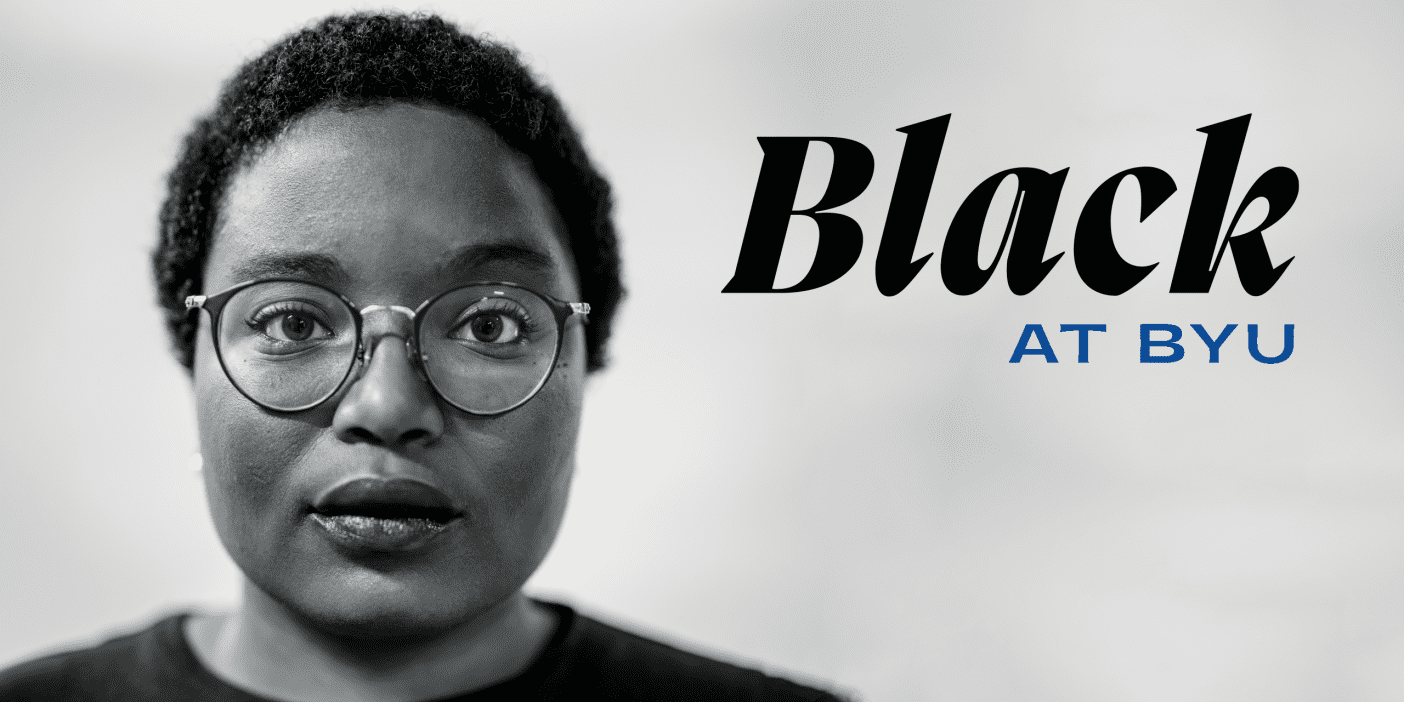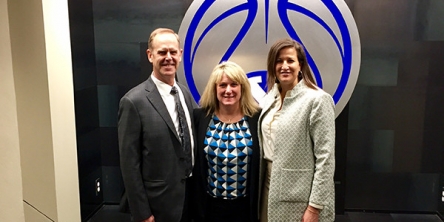Gospel truth can bring us together in the Lord’s way.

At BYU’s centennial celebration in October 1975, President Spencer W. Kimball outlined his prophetic vision of what could happen at BYU in its second century. He stated: “Gospel methodology, concepts, and insights can help us to do what the world cannot do in its own frame of reference. . . . When the world has lost its way on matters of principle, we have an obligation to point the way.”¹ That is a daunting yet exciting challenge.
What might this look like? Let me use as an example the challenges BYU and the rest of the United States are facing with respect to racism and other forms of bigotry in our society. In response to President Russell M. Nelson’s call for “educational leaders . . . to review processes . . . and organizational attitudes regarding racism and root them out once and for all,” we appointed a committee that studied the BYU environment and provided recommendations for improvement. We then determined that a necessary first step was to establish a framework—a statement describing the environment of belonging we envision at BYU—by which we would evaluate the various recommendations.
This is an effort to build a particular kind of loving community, one in which “all relationships”—not just the relationships with those with whom we agree—reflect love of God and love for our neighbor.
The resulting BYU Statement on Belonging is in substance, source, and tone different from the diversity statements one might find on most campuses. It reads:
We are united by our common primary identity as children of God (Acts 17:29; Ps. 82:6) and our commitment to the truths of the restored gospel of Jesus Christ (BYU Mission Statement). We strive to create a community of belonging composed of students, faculty, and staff whose hearts are knit together in love (Mosiah 18:21) where:
• All relationships reflect devout love of God and a loving, genuine concern for the welfare of our neighbor (BYU Mission Statement);
• We value and embrace the variety of individual characteristics, life experiences and circumstances, perspectives, talents, and gifts of each member of the community and the richness and strength they bring to our community (1 Cor. 12:12–27);
• Our interactions create and support an environment of belonging (Eph. 2:19); and
• The full realization of each student’s divine potential is our central focus (BYU Mission Statement).
The statement begins with what unites us, not what divides us—a fundamental gospel truth about our identity. In a world of identity politics, we cannot lose sight of who we really are. Knowing who we really are—and who everyone else is—changes the frame of reference for addressing this important issue.
This is an effort to build a particular kind of loving community, one in which “all relationships”—not just the relationships with those with whom we agree—reflect love of God and love for our neighbor. It is a community in which “we value and embrace”—not just tolerate—members of the community in all their variety.
The Apostle Paul likened those in such a community to different parts of “the body of Christ,” each distinct from the others and with a significant role to play. We are to be united by Christ in such a way that when one suffers, all suffer, and when one is honored, all rejoice (see 1 Cor. 12:26).
This statement on belonging provides the constitution for addressing the needs of all individuals on campus. Using the guiding principles set forth in this statement, we have created a new Office of Belonging that will be led by a new vice president. It will not only be core to our efforts to root out racism but will also help us combat prejudice of anykind.
This statement will aid us in establishing a community of belonging in which there “are no more strangers and foreigners, but fellowcitizens with the saints” (Eph. 2:19) and where each member is valued and all realize their potential as children of God.

Kevin J Worthen is the president of Brigham Young University. This essay is taken and adapted from a talk given at BYU University Conference on Aug. 23. Find the full message at speeches.byu.edu.
Feedback Send comments on this article to magazine@byu.edu.
NOTE
1. Spencer W. Kimball, “The Second Century of Brigham Young University,” BYU devotional address, Oct. 10, 1975.












